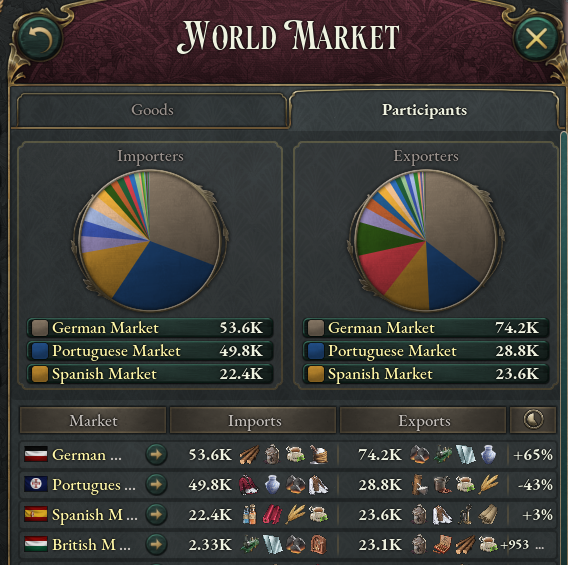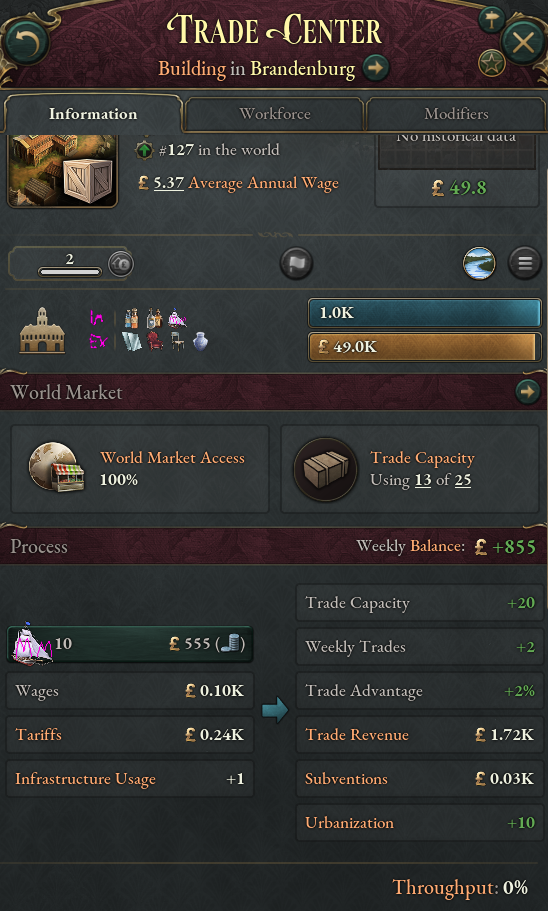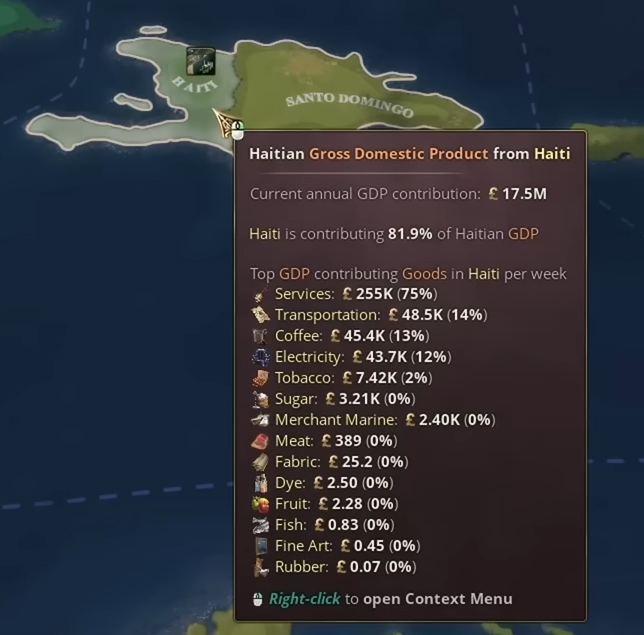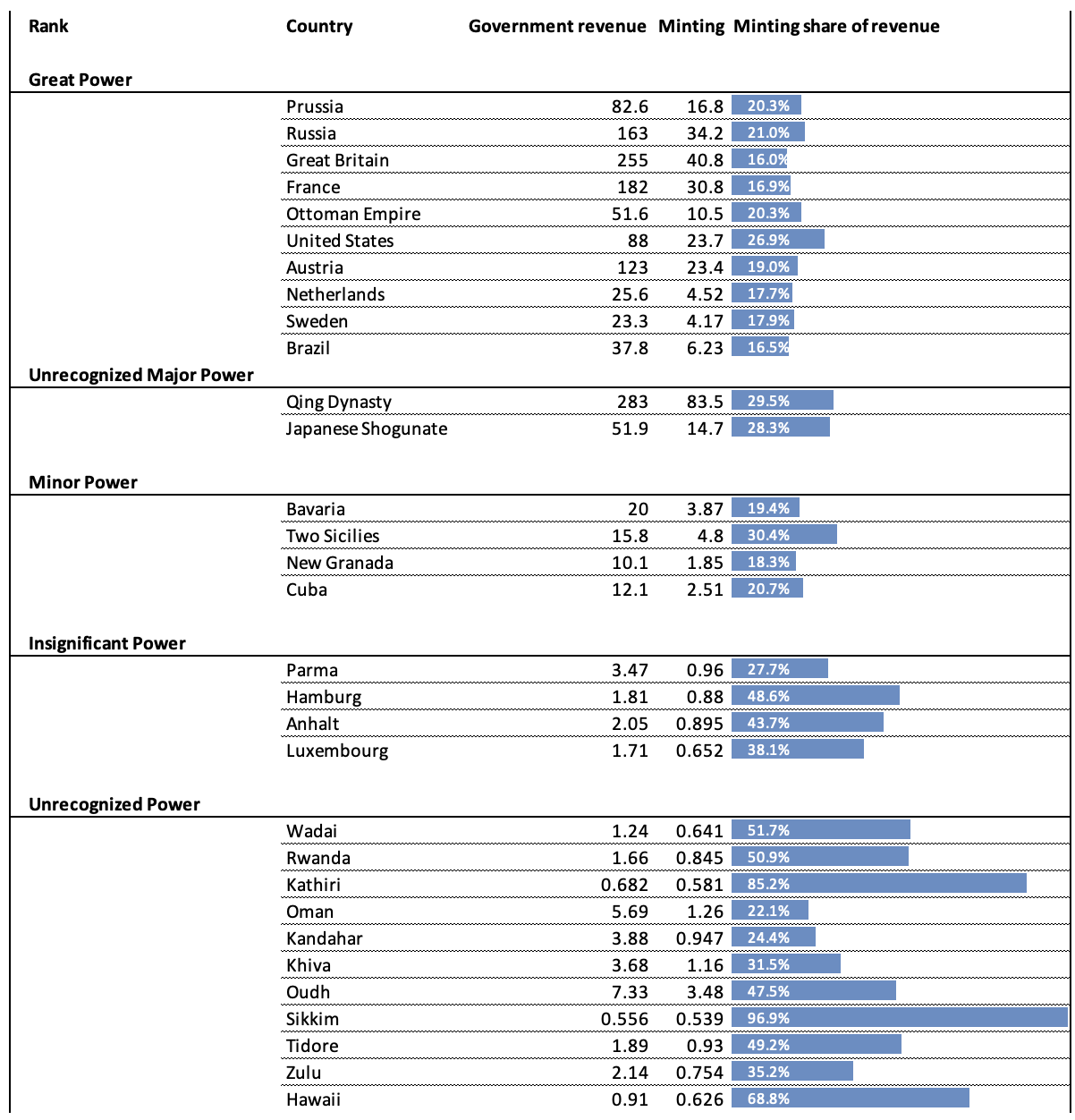I'll let the Talking Heads answer this:
View attachment 1327804
And you may find yourself with low taxes
And you may find yourself with a colonial empire
And you may find yourself with a large GDP.
And you may find yourself in a world war, with a beautiful ally against the Central Powers
And you may ask yourself, "Well, how did I get here?"
Letting the days go by, and the colonial institution holds me down
Letting the days go by, and my ports need subsidies
Into the black again, after the minting income is counted
Once in a lifetime, capital flowing inward
And you may ask yourself, "How do I use this minting income?"
And you may ask yourself, "How do I make more automobiles?"
And you may tell yourself, "This is not my beautiful colonial empire. I enforced transfer subject in the last war!"
And you may tell yourself, "This is not my beautiful ally, because she broke the treaty with me!"
Letting the days go by, and stockpiling gold is a problem
Letting the days go by, railroads still need subsidies even after nine patches
Into the black again, since minting is free money conjured out of thin air
Once in a lifetime, company monopolies stockpile capital for investments
Same as it ever was, version 1.8 and earlier
Same as it ever was, version 1.8 and earlier
Same as it ever was, version 1.8 and earlier
Same as it ever was, version 1.8 and earlier
tldr
It's always been like this. With low taxes and other policies in place, you can make minting your #1 income source. It was even easier in some earlier versions of the game.







